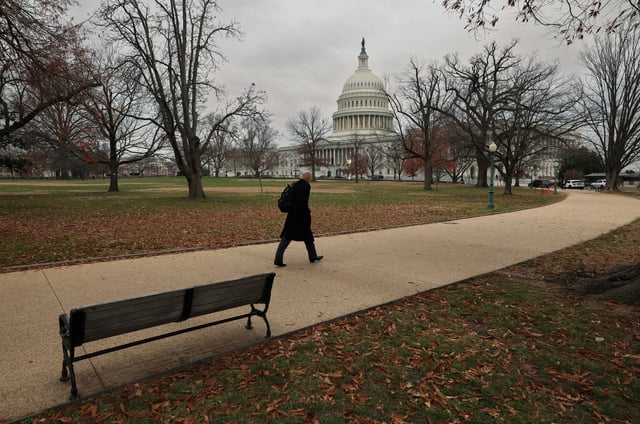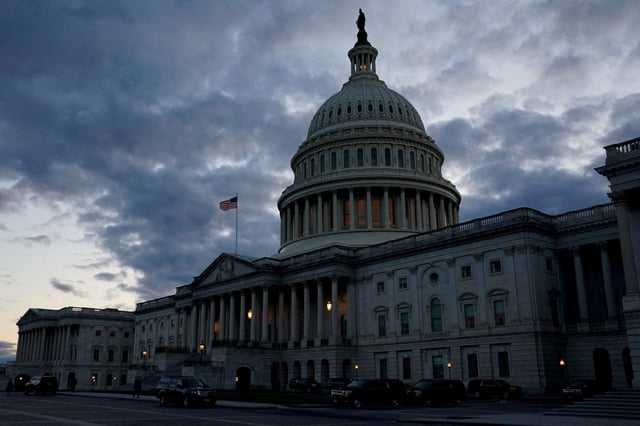Overview
- The Congressional Budget Office (CBO) projects the U.S. could default on its debt between May and September 2025, depending on tax revenue and spending levels.
- Extraordinary measures currently delaying default could run out as early as late May or June if tax receipts fall short or borrowing needs increase.
- Tax revenue for 2025 is expected to be up to 10% lower than 2024 levels, potentially accelerating the timeline for default.
- Congressional Republicans are considering using budget reconciliation to address the debt ceiling, but partisan disagreements over spending priorities persist.
- A default would have severe economic consequences, including disruptions to Social Security, Medicare, and military payments, as well as global financial instability.



